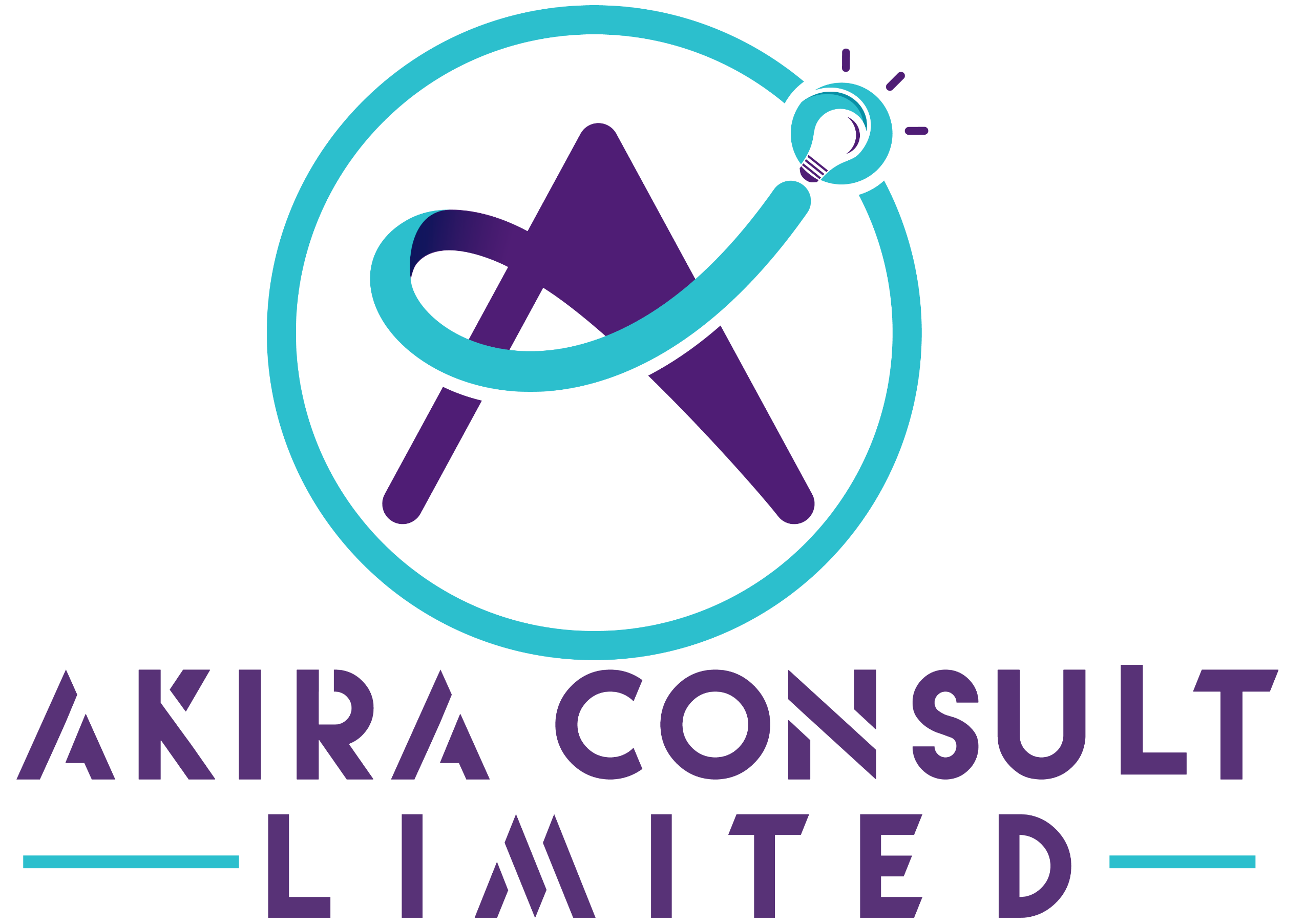What does AI have to do with Governance – everything!
Last week we were fortunate to be in the presence of big idea thinkers (and talkers) and to say there was ‘nothing useful to add’ to the Artificial Intelligence (#AI) conversation, made for great rabbit-hole reading 👨🏫
Our rabbit-hole reading lead to look at what exactly is AI and what international bodies such as the OECD, EU and the World Economic Forum were saying about it. AI is defined as a set of technologies that stimulate human knowledge, thinking, problem solving, perception and learning to producer outputs (answers) or a decision.
It is a unanimous global conclusion that AI is needed, it has the potential to greatly transform businesses, boost innovation, empower individuals, introduce efficiencies, enhance product and service delivery and generally increase our quality of life. Actually, the Center for Economic Policy and Research states that the use of #ai could boost global growth by 4-6% a year.
What then is holding the world back. There is anxiety in willingly adopting #ai driven technology. This could be due to the following reasons:
1. AI is opaque in the way it operates. It is a complex tool and still not easily understood for it to be adopted.
2. Coming in after the awareness of the principles of data privacy and data protection, it seemed that AI was coming in to bypass the protections that had just been put in place.
3. The individual fears that AI is here to replace humans in their jobs, their skills, their thinking and reality.
For organisations that are jumping as early adopters of AI, the OECD in 2019 developed general principles on artificial intelligence and the World Economic Forum in June 2023 gave 30 recommendations on responsible AI. More progressive is the EU’s draft Artificial Intelligence Act which was reviewed in June 2023 and which if passed, could likely be the standard, just like the EU GDPR on data protection.
For Boards of Directors, Technology Governance should be a priority on your Agenda as you consider the use of AI for your organisation. To give some direction before regulations come into place, the framework below should be useful:
1. Incorporate Technology Governance as an Agenda item and have a home for it under a Committee or the main Board to provide guidance to Management and require a risk/reward assessment of any new technology proposed
2. Once the risk framework is agreed upon by the Board, determine the level of #ai the organisation is willing to use to augment decision making
3. Like in the development of a Data security and protection strategy, ensure the discussion on data management for the use of #ai is had and concluded
4. Stakeholder management on what #aitools the organisation is using and the effects and preventative measures should be made to both staff and clients.
Reach out to us at Akira Consult to start your #aiadoption journey on the right foot with the right governance framework. Get it right the first time!
- Nairobi
- +254 115 809312
